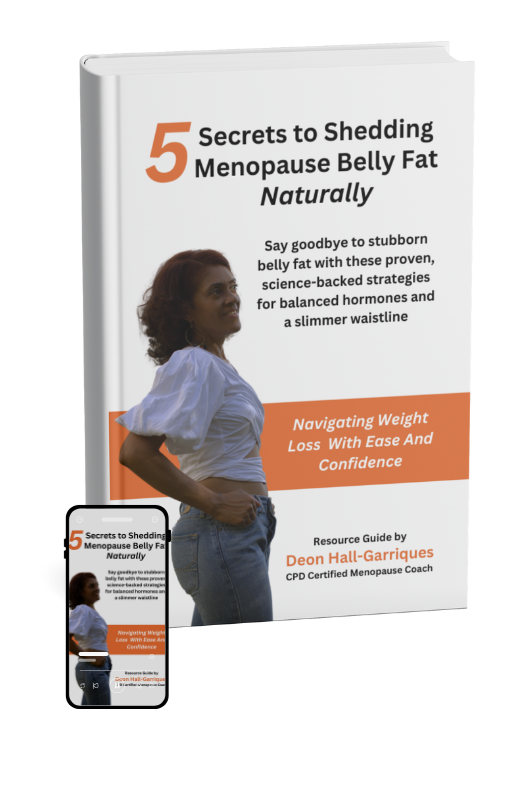Estrogen, Exercise, Hormones, hydration, Menopause Symptoms, Vaginal Dryness
Many Women Are Struggling with This – But not one is talking about it!
Over 50% of women going through menopause experience vaginal dryness, yet only about 10% seek medical treatment.
This means countless women are suffering in silence. But why is no one talking about it?
For some, it’s because they think there’s no solution. For others, it’s the discomfort or embarrassment of discussing such an intimate issue with their doctors or even their partners.
But why should this be such a secret?
Yes, it involves intimate parts of our bodies, but that doesn’t mean it has to remain taboo.
Women deserve to feel empowered—especially during menopause—to embrace their bodies and speak openly with their healthcare providers.
The good news is, there are effective solutions available today that can help manage vaginal dryness and often provide relief.
What Causes Vaginal Dryness During Menopause?

Vaginal dryness occurs when the tissues of the vagina become thinner, drier, and less flexible, making them more susceptible to irritation or tearing.
The primary cause is due to a decline drop in estrogen levels during menopause.
This condition can lead to discomfort, pain, and irritation, affecting not only physical health but also a woman’s sexual wellness and intimate relationships.
Unlike other menopause symptoms, which may decline over time, vaginal dryness can go on for years into post-menopause due to the continued physical changes in the vaginal tissues.
Treatment Options for Vaginal Dryness
The good news is there are several options—both natural and medical—that can help.
The key is finding the right one for you in consultation with your healthcare provider.
Natural Treatments
- Diet and Nutrition – A strong nutritional foundation is your first line of defense. Include meals rich in lean protein, colorful vegetables, and healthy carbohydrates while avoiding simple carbs like white rice or potatoes.
- Hydration – Adequate hydration is also essential, especially in the form of water. Aim to consume half your body weight in ounces daily (e.g., if you are 100 pounds, you should be drinking about 50 ounces of water daily)
- Lifestyle Practices – Adequate rest, regular movement, self-care routines, and healthy relationships all play a role in overall wellness, which can impact vaginal health.
- Sweet Almond Oil -Studies suggest that sweet almond oil can be used as a natural lubricant or vaginal moisturizer. When used around the vulva or inside the vagina, it may help combat dryness and improve tissue suppleness. If trying this option, ensure you use naturally derived, high-quality “sweet almond oil” and consult your healthcare provider for guidance.
Medical Treatments
- Vaginal Moisturizers:
These are designed for daily use to provide lasting hydration. - Lubricants:
Typically used during sexual activity to reduce discomfort and enhance pleasure. - Hormone-Based Options:
- Low-dose vaginal estrogen
- Vaginal DHEA (dehydroepiandrosterone)
- Hormone replacement therapy (HRT)
Why You Should Speak Up
If you’re experiencing vaginal dryness, don’t suffer in silence or assume it’s something you just have to live with because your mother and grandmother did.
You deserve comfort, wellness, and the ability to thrive at every stage of life.
Speak with your healthcare provider to explore the best options for you. Take time to educate yourself about the solutions available and advocate for your well-being.
Let’s break the silence and empower more women to talk about this openly. Your voice can inspire others to take action too, share is article with a friend or loved one.
Hit reply—I’d love to hear your thoughts or experiences with this!
In Good Health,
Deon
DISCLAIMER: This information is not intended to provide medical advice. The purpose is to provide education and a broader understanding to my readers. Always seek the advice of your qualified clinician or healthcare provider before making any dietary or lifestyle changes. I do not recommend or prescribe, or recommend changing dosage or discontinuing, any prescription medications or pharmaceutical drugs.


